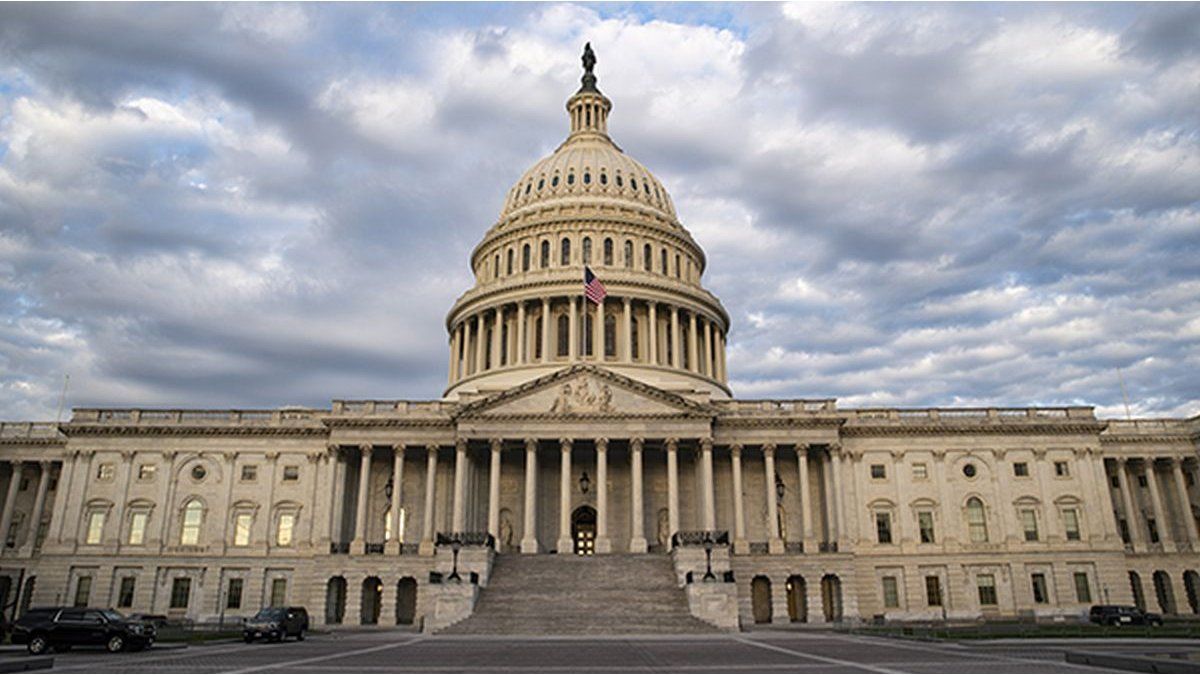Image: APA/EVA MANHART

Image: APA/GEORG HOCHMUTH
The anger about the previous offer and the demands of the federal states and municipalities for more “fresh money” in the course of the financial equalization did not go unanswered on Tuesday. Health Minister Johannes Rauch (Greens) appealed “to the political responsibility of the nine state governors”. These may not repeat the practice of past financial equalization negotiations. Because “that we pour money into it and the countries can do with it what they want, there will be no more”.
He has been going through the countries since December “to convince everyone like a madman” that more money can only be given in exchange for structural reforms in the health sector. By 2028 there should be two billion more per year from the federal government, the lion’s share of it for health. At the moment, however, the countries would only look at “what arrives net freely available with them”.
“Into Your Own Flesh”
Of course, the provincial governors could let everything fail, but “then they cut themselves in the foot and harm the patients,” the minister warned in an interview with journalists. If the current financial equalization is continued for another five years, Rauch expects additional costs of seven billion euros without a corresponding increase in efficiency in the health sector.
Austria has a good health system, “but we pay too high a price for it”. Rauch therefore understands reforms as bringing as many services as possible away from the hospital, “the most expensive of all systems”, to the private sector.
There is already an agreement in principle with the federal states for the expansion of the primary care centers (PVZ). In the future, the treatment of chronically ill people will also take place there. In the hospitals, the main focus should be on acute and specialist medicine. The utilization of the technical equipment, which is excellent in European comparison, must also be optimized there. In addition, the number of panel doctors should be increased and the availability of data from ELGA expanded.
In nursing, Rauch wants to improve staff pay. The care fund is to be increased to one billion euros per year (currently 400 million).
Rauch spoke out against “neo-colonialism” when it came to recruiting foreign nurses. Unlike the situation with guest workers, there must be “recruitment on an equal footing.” He will also act against the “fortress policy” of the FPÖ.
Brunner wants to stick to his proposal

Image: APA/GEORG HOCHMUTH
Finance Minister Magnus Brunner (VP) remains calm in view of the anger of the federal states about his proposal for the new financial equalization. Brunner is sticking to his offer, according to which an additional two billion euros flow to the federal states and municipalities (three quarters for health/care, the rest mainly for childcare). The federal states, on the other hand, want to change the key for the distribution of the 93.8 billion euros in federal taxes in their favor and those of the municipalities.
He understands that the negotiating partners complain about a loss of income, for example due to the abolition of cold progression, but the additional two billion euros are there for that, says Brunner.
Brunner believes that the fact that the federal states are complaining about too little “fresh money” because the previous compensation for losses is being continued through the elimination of nursing recourse is only a question of definition. He is assuming an agreement. Otherwise there would be no funding gap due to the continuation of the previous compensation. A position that Vienna’s Mayor Michael Ludwig considers unconstitutional in the OÖN interview.
With regard to the upcoming budget negotiations, Brunner refers to the challenging situation, also due to interest rate developments. That’s why he thinks it would be “quite decent” if the deficit was around three percent of GDP this year, and in 2024 it would have to stay below that again.
Source: Nachrichten




